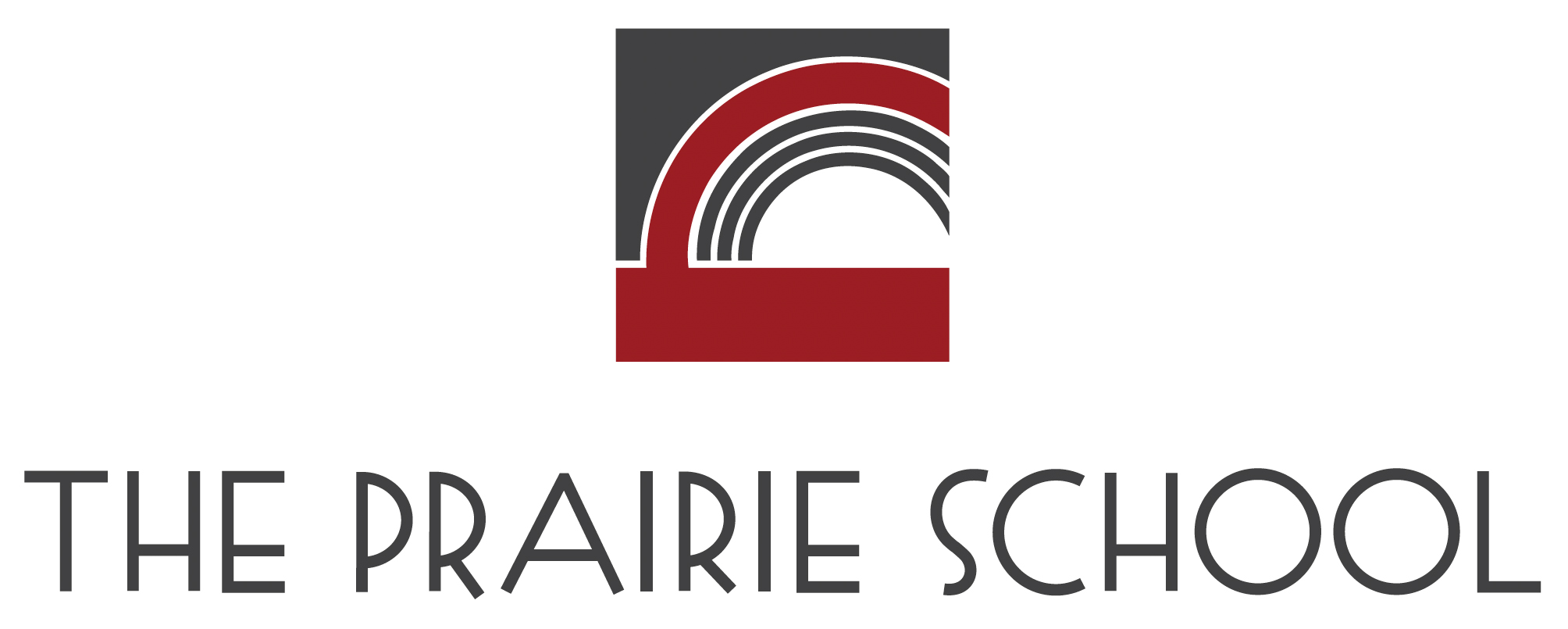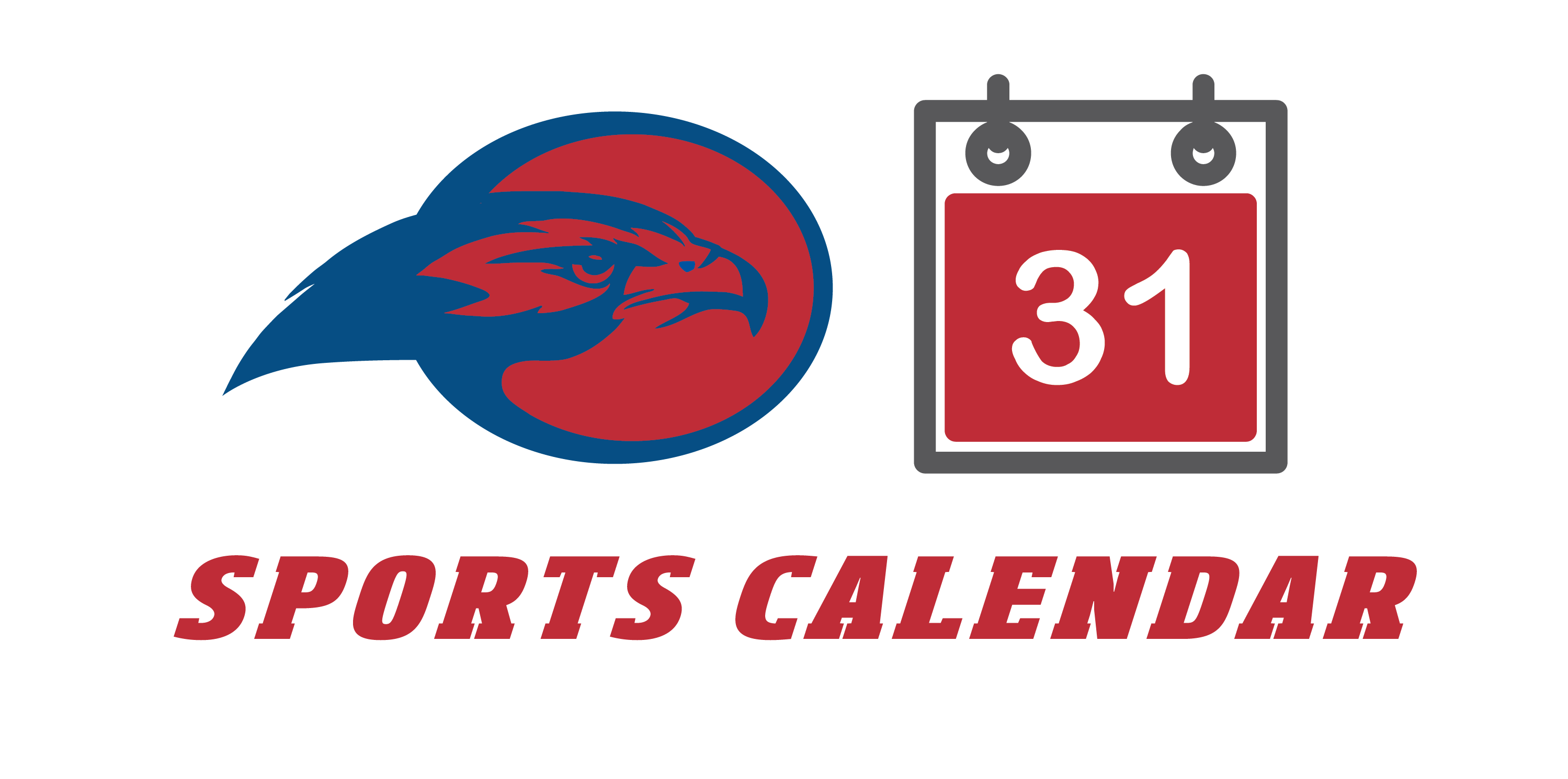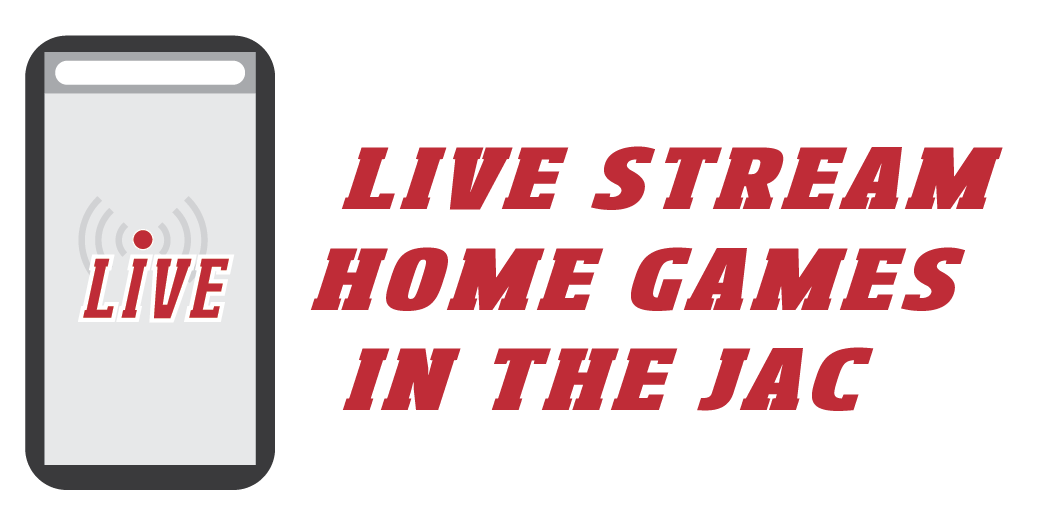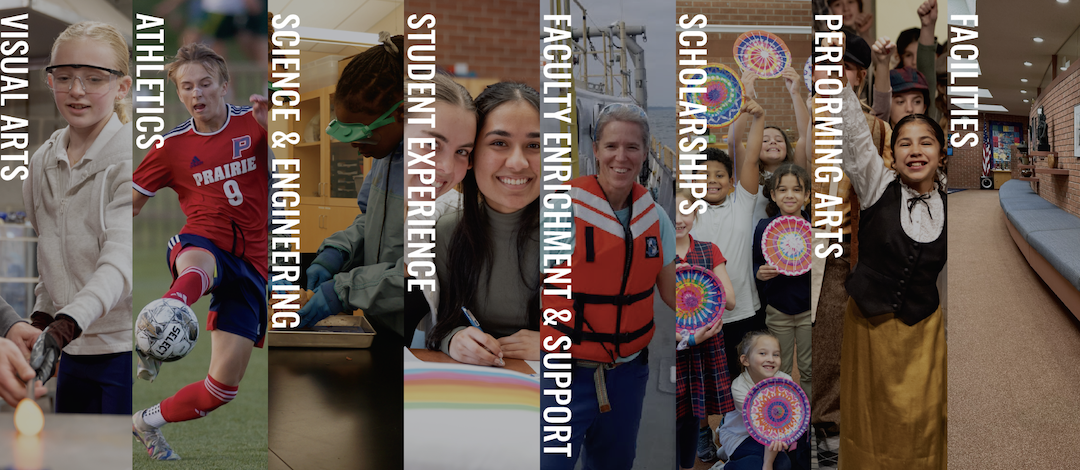Prairie partners with College Money Method to provide comprehensive financial aid programming for families. All programming is delivered virtually via Webinars and can also be accessed on-demand via our school’s resource center.
Additional resources (and recordings) can be found by logging into Prairie’s school resource center. Login details are shared via email with families at the beginning of the year. You can also email College Counseling for our school resource center password.
💰 Grade 12: Succeeding in the Financial Aid Process (Webinar)
Tuesday, September 30, 6:00-7:00pm via Zoom
The FAFSA & CSS Profile can be stressful. This webinar provides Seniors and their families with a clear understanding of the entire process that lies ahead.
Registration link
💰 Grades 9-10: Navigating College Pricing and Financial Aid (Webinar)
Monday, November 10, 6:00-7:00pm via Zoom
It’s important for families to be realistic about aid eligibility and award potential. This webinar shares the various college financial aid policies with equal emphasis on need-based and merit-based approaches.
Registration link
💰 Grades 11-12: Evaluating Loans and Borrowing for Your College Investment (Webinar)
Tuesday, December 9, 6:00-7:00pm via Zoom
Students need to understand how borrowing plays into their college choices. This workshop advises students and families on the student loan landscape, what personal finance principles to use when considering loans, and how to right-size their borrowing.
Registration link
💰 Grade 12: Evaluating Financial Aid Offers and Considering Appeals (Webinar)
Thursday, March 19, 6:00-7:00pm via Zoom
Confusing financial aid letters can leave students and families unclear about their actual cost for four years. This workshop supports families on how to standardize and compare disparate financial aid awards and provide guidance on when to appeal.
Registration link
💰 Grade 11: Building Aid Generosity and Affordability Into Your School Lists (Webinar)
Wednesday, April 8, 6:00-7:00pm via Zoom
Consideration of cost is part of finding a good fit college. This workshop supports students in taking a data-driven approach to researching each college’s financial aid practices and policies – both need-based and merit-based – to make more evidence-based decisions for financial fit.
Registration link
💰 Grades 9-10: Understanding How Colleges Assess Your Aid Eligibility (Webinar)
Tuesday, April 28, 6:00-7:00pm via Zoom
This workshop supports families with in-depth knowledge of how the applications’ (FAFSA and CSS Profile) formulas assess their income and assets so that families can make decisions earlier in high school to increase their eligibility.
Registration link
Below are some additional guidelines pertaining to the different types of aid and processes.
FINANCIAL LITERACY AND SCHOLARSHIP RESOURCES
NEED-BASED AID
Virtually all colleges offer need-based financial aid. A typical need-based aid package might include grants (from the college and/or the government) that you need not pay back, loans (often government-issued and discounted in terms of interest charged and payment schedule), and a paid campus job (work-study).
When in doubt as to whether you will qualify for some kind of need-based aid, you may use a web-based financial aid calculator to see how colleges might regard your situation. While individual schools perform this analysis in their own ways, this tool may indicate whether applying for aid would be worthwhile. If your financial situation is complex, if special circumstances adversely affect your economic situation, or if a web-based calculator indicates you’re close to qualifying for need-based aid, you may qualify for more aid than the calculator suggests. In general, if you think you might need financial aid, you should apply for it. In any case, the calculator can help you shape your final list of colleges to ensure that it includes affordable options. Financial aid calculators take little time to use and are available at various sites, such as studentaid.ed.gov, collegeboard.org, and finaid.org. These sites provide other useful financial information as well.
Even more helpful is the Net Price Calculator that each college is required to post on its web site. These are customized to each college’s own cost structure and financial aid policies. After completing any Net Price Calculator, it is prudent to call that college’s financial aid office to ask 1) if you did it correctly, and 2) how close an estimate you should assume it is. Bear in mind that Net Price Calculators neither can be, nor are meant to be, exact calculations or guarantees of cost or aid. They are merely estimators to give you some sense of your likely cost. The financial package your child eventually receives may include aid that the calculator could not anticipate and the financial aid office could not promise prior to completion of the admissions process. Whether or not you anticipate aid, always wait to see what a college actually offers.
In order to qualify for need-based financial aid, you (student and parents together) must complete the Free Application for Federal Student Aid (FAFSA) as soon as possible after October 1 of your senior year. You’ll find it at https://studentaid.gov/h/apply-for-aid/fafsa (always be sure you have the .gov site for FAFSA). If you want a preliminary estimate of the government’s calculation of your need, you can find a FAFSA estimator at the same site.
Depending on where you’re applying, you may also need to complete the CSS PROFILE required by many selective colleges. The PROFILE is available at www.collegeboard.com.
Finally, some colleges may also require their own financial aid form.
MERIT-BASED AID/SCHOLARSHIPS
The most important thing for you to know about merit-based aid is that If you wish to compete for merit-based scholarships (scholarships based on academic success, test scores, special talents, etc.), you will need to hustle to find them. The process is highly individualized, and the sources of scholarships are many, so this will take some work. Of course, Prairie will do all it can to assist in your efforts. Here are some beginning tips:
The major sources of merit-based aid are:
- Colleges and universities, especially private ones. These are the richest sources of merit-based aid. Be aware, however, that extremely selective colleges typically offer little or no merit-based awards.
- Employers
- Local organizations (e.g., Kiwanis, Rotary, Lions, etc.)
- Churches and other religious organizations (at the national level)
- Other national organizations
Many nationwide scholarship search engines are available,
- www.collegeboard.org
- www.finaid.org
- www.fastweb.com
- college-scholarships.com
- www.scholarships.com
- www.myscholly.com
- www.schoolsoup.com
Check directly with your colleges to learn more about their scholarship opportunities (not all colleges notify students of scholarship opportunities), as well as with your employer and place of worship. Watching the newspaper for local scholarships is wise, as is checking scholarship announcements at the public library.
We notify students of scholarship opportunities as we learn about them via email and occasionally announce them at Morning Meeting. If you’re interested in specific scholarships that we are unaware of, please take the initiative and contact the sponsor directly to ask if they’re still offering it.
NEED-BLIND AND NEED-AWARE POLICIES
A word about need-blind vs. need-aware policies at colleges: College costs have risen to such a degree that most private colleges have had to become need-aware, meaning that when they’re evaluating students’ applications they are aware of whether any given student has applied for financial aid. Fortunately, in most cases need does not affect admission decisions; colleges factor it in only in the final stages when they’re splitting hairs for the last few seats. Generally speaking, colleges (especially private colleges) work hard to come as close as possible to meeting students’ demonstrated need, especially for strong candidates.
Need-blind colleges, on the other hand, make all admissions decisions with no awareness of whether a student has applied for financial aid. (This does not necessarily apply to international, transfer, and wait-listed students.) A small number of colleges have managed to remain need-blind and meet full demonstrated need. Always inquire directly about financial aid policies at your colleges of interest.

















